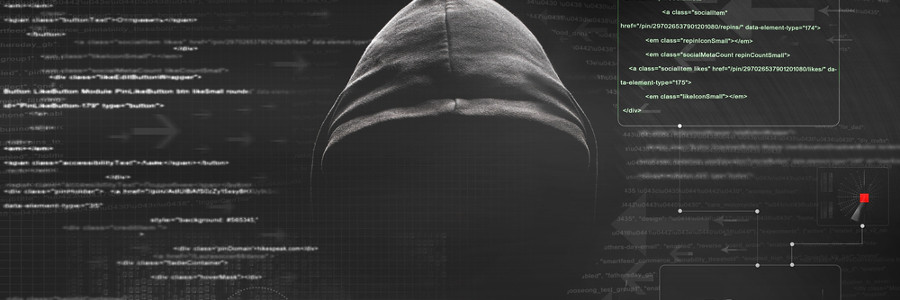What do you think when you hear the term “cybersecurity?” Do things like anti-virus, anti-malware, and firewalls come to mind? These are crucial factors in an appropriate, layered security plan. However, every practice needs another aspect of security that costs very little but can make a big difference - a password policy.
Cybersecurity Training for Employees: Reduce Your Risk

Most practice owners and office managers are working to improve their cybersecurity posture to prevent the same attacks and breaches that have made headlines in the past several years. They are updating their firewalls, looking into antivirus and antimalware tools, and performing penetration tests to uncover any weakness in their practice network.
What is a Cybersecurity Audit?
Cybersecurity New Year’s Resolutions You Must Make for 2022

Time flies by so fast, and soon, it’ll be a new year yet again. Congratulate yourself on being able to keep your practice going despite so many looming external threats like ransomware and phishers! However, you must not rest on your laurels because cybercriminals sure won’t. Here are New Year’s resolutions your organization must make to continue enjoying cybersecurity in 2022.
Implement multifactor authentication
Passwords are becoming easier to crack by the day.
How to Protect Your Dental Practice from Ransomware in 2021
Crucial Components of a Secure Network

With the average cost of a data breach currently sitting at $3.86 million and brute force attacks soaring by 400% during the COVID-19 pandemic, ensuring a secure network is a must for your dental practice. Lost, tampered, or leaked patient data can significantly damage your practice’s reputation and patient trust.
How to spot phishing scams: 5 Signs dental practices should look out for

Phishing continues to be one of the most effective methods of cyberattack plaguing many dental practices today. Phishing refers to a technique that involves an outside entity gaining access to private networks or data with the assistance of someone with legitimate access to them, obtained through deception and social manipulation.
6 Crucial steps to take when your dental practice falls victim to a data breach
Prevent Phishing Scams in Dental Practices by Learning to Read URLs
Defend Your Dental Practice from these 5 Types of Hackers

"Know thine enemy" — it means to get to know them and their motives. In this blog, we take a close look at the five types of dangerous hackers, what their motives are, and how they operate.
Script Kiddies
In terms of skill, script kiddies (or skids, for short) are at the bottom of the hacker totem pole.






